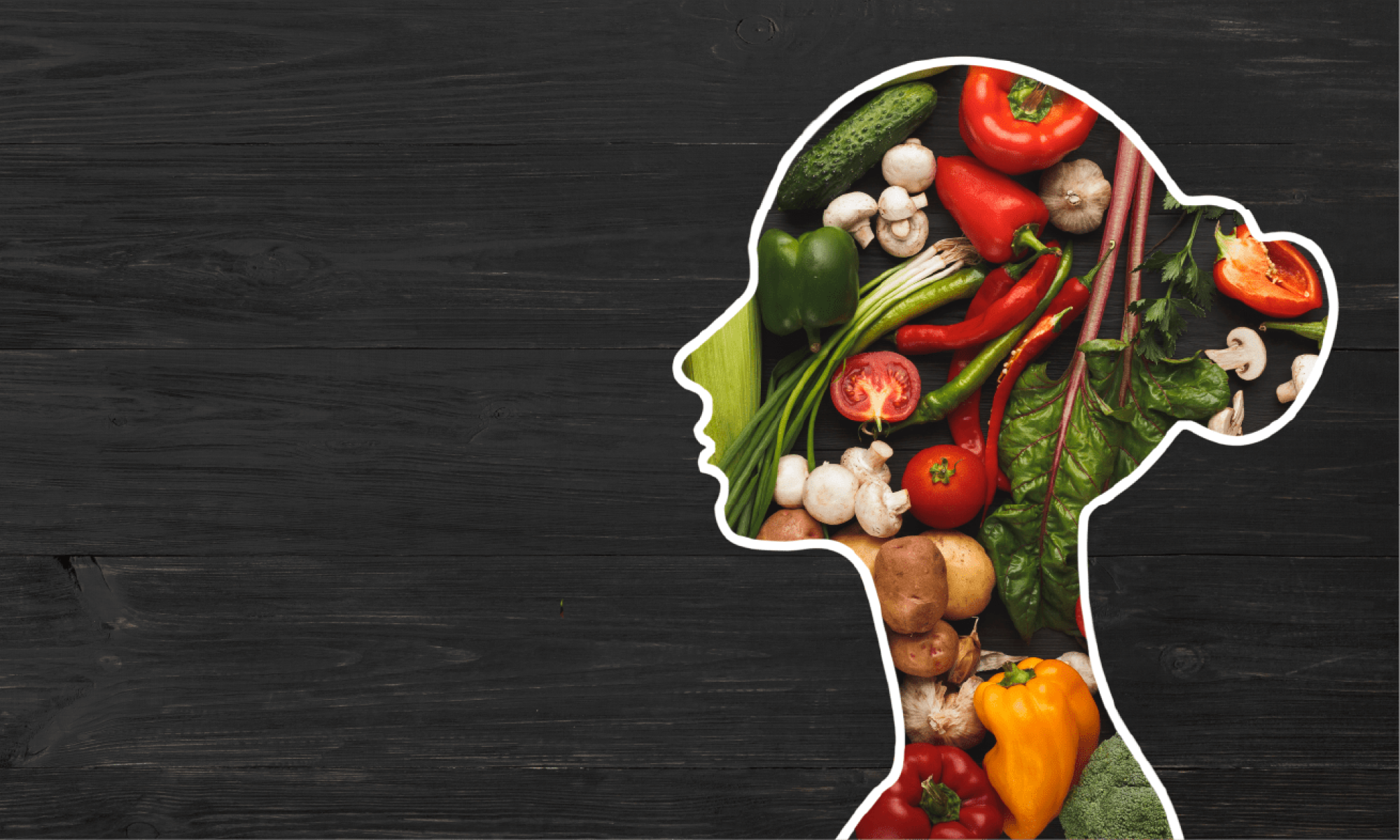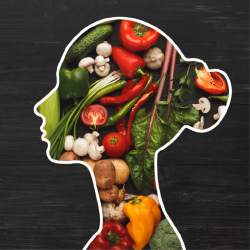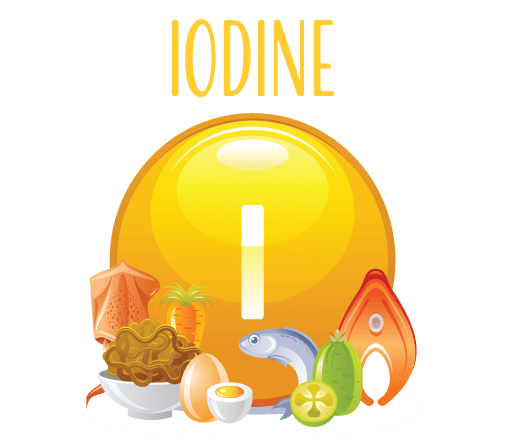
Iodine fuels body and cognitive functions.
Iodine is an essential nutrient that the human body needs to function properly. There are a variety of food sources that provide iodine, including seafood, dairy products, and some grains. Iodine plays a critical role in the production of thyroid hormones, which regulate metabolism and support cognitive development.
Consuming the recommended daily amount of iodine is particularly important for pregnant women and young children. A deficiency during pregnancy can lead to complications such as miscarriage, stillbirth, and congenital abnormalities. In children, iodine deficiency can cause intellectual impairments and delay physical development.
While some people may be able to obtain iodine through fortified salt, it’s important to note that not all salt is iodized. Therefore, it’s important to pay attention to the food sources that naturally contain iodine, such as seafood and dairy, and consider supplementation if necessary. Incorporating these foods into your diet can help ensure that you receive the necessary amount for optimal health.
Adults need 150 micrograms/day, while pregnant/breastfeeding women need 220-290 micrograms/day. Children/adolescents require 90-150 micrograms/day depending on their age.
Meat & Protein
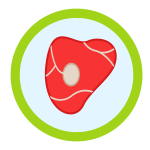
Grass Fed Red Meat
Beef liver contains 131% of the daily value (DV) per 3-ounce serving.
Beef steak contains 18% of the DV per 3-ounce serving.
Lamb chops contain 12% of the DV per 3-ounce serving.
Pork loin contains 16% of the DV per 3-ounce serving.
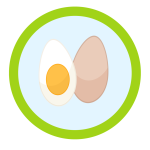
Free Range Eggs
Contain around 10-15% of the daily value per egg.
Have a similar iodine content to organic whole eggs.
Have a much higher iodine content than chicken eggs, providing around 25% of the daily value per egg.
Like duck eggs, quail eggs have a high iodine content, providing around 15-20% of the daily value per egg.
One large Omega 3 enriched egg typically contains around 10-15% of the recommended daily intake.
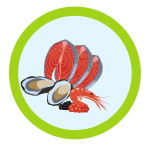
Seafood
A 3-ounce serving of cooked cod fish provides about 66% of the recommended daily value (DV) for adults.
A 3-ounce serving of shrimp contains about 15% of the daily value for an adult. However, larger shrimp may have slightly higher levels of iodine
A 3 ounce serving of canned tuna typically contains about 15-20% of the daily value
3-ounce serving of salmon can provide about 20-25% of the recommended daily intake for adults.
Pork loin contains 16% of the DV per 3-ounce serving.
Pork loin contains 16% of the DV per 3-ounce serving.
Leafy Greens & Salt
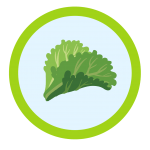
Leafy Greens
Spinach is an excellent source of iodine. A single cup of cooked spinach contains about 30% of the daily recommended value.
Swiss chard contains approximately 20% of the daily recommended value per cup.
Collard greens provide approximately 10% of the daily recommended value per cup.
Kale is an excellent source of iodine, providing approximately 10% of the daily recommended value per cup.
Arugula contains approximately 10% of the daily recommended value per cup.
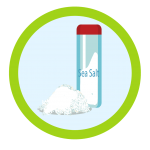
Salt
This is the most commonly used type of iodine-fortified salt, where iodine is added during the refining process to prevent iodine deficiency.
Sea salt naturally contains some iodine, so it is generally a good source of the mineral. However, it has varying concentrations depending on the location it is harvested.
Did you know?

Iodine deficiency is the leading cause of preventable intellectual disability worldwide. It can also lead to goiters, thyroid cancer, and other health problems.

Japan has one of the highest iodine intakes in the world, which is thought to contribute to their low rates of thyroid cancer.

Iodine is commonly found in seawater and seaweed, as well as in certain fish, such as tuna, cod and sea salt
